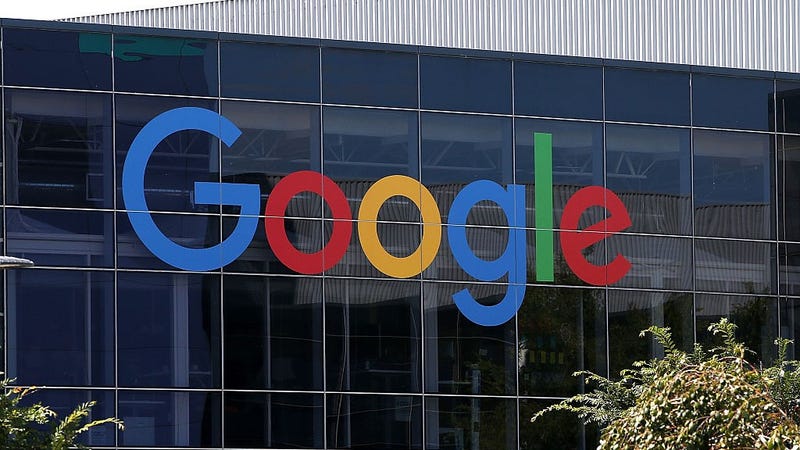
Google announced on Sunday that it will cut off Russian state media outlets from running advertisements on its platforms, following a similar decision on Saturday by its subsidiary, YouTube.
The decisions come after many tech companies were criticized by media for allowing Russia to continue monetizing on the platforms following their invasion of Ukraine.
"In response to the war in Ukraine, we are pausing Google monetization of Russian state-funded media across our platforms," Google said in a statement to CNN Business. "We're actively monitoring new developments and will take further steps if necessary."
A YouTube spokesperson spoke about its decision to block the Russian state media outlet RT and several other Russian channels. YouTube is not allowing them to monetize any content on the platform after the Ukrainian government asked them to cut off access in the county.
"In light of extraordinary circumstances in Ukraine, we're taking a number of actions," YouTube spokesperson Ivy Choi told CNN. "We’re pausing a number of channels’ ability to monetize on YouTube, including several Russian channels affiliated with recent sanctions.
"We will be significantly limiting recommendations to these channels. And in response to a government request, we've restricted access to RT and a number of other channels in Ukraine. We will continue to monitor new developments and may take further actions."
These social media companies are doing all they can to prevent Russian propaganda and misinformation getting posted to their platforms.
YouTube said that it removed hundreds of channels and thousand of videos that violated company policies. The company added that there were many channels on the site "engaging in coordinated deception."
Google and YouTube's decision comes after Meta, formerly known as Facebook, Inc., announced on Feb. 25 that it banned Russian state media outlets from running ads and monetizing them on their platforms.
"We are now prohibiting Russian state media from running ads or monetizing on our platform anywhere in the world," Meta head of security policy Nathaniel Gleicher tweeted. "We also continue to apply labels to additional Russian state media. These changes have already begun rolling out and will continue into the weekend."
"We are closely monitoring the situation in Ukraine and will keep sharing steps we’re taking to protect people on our platform," Gleicher added.
He also provided three additional updates on Feb. 28 "to monitor and take steps to keep people safe in response to the invasion in Ukraine."


